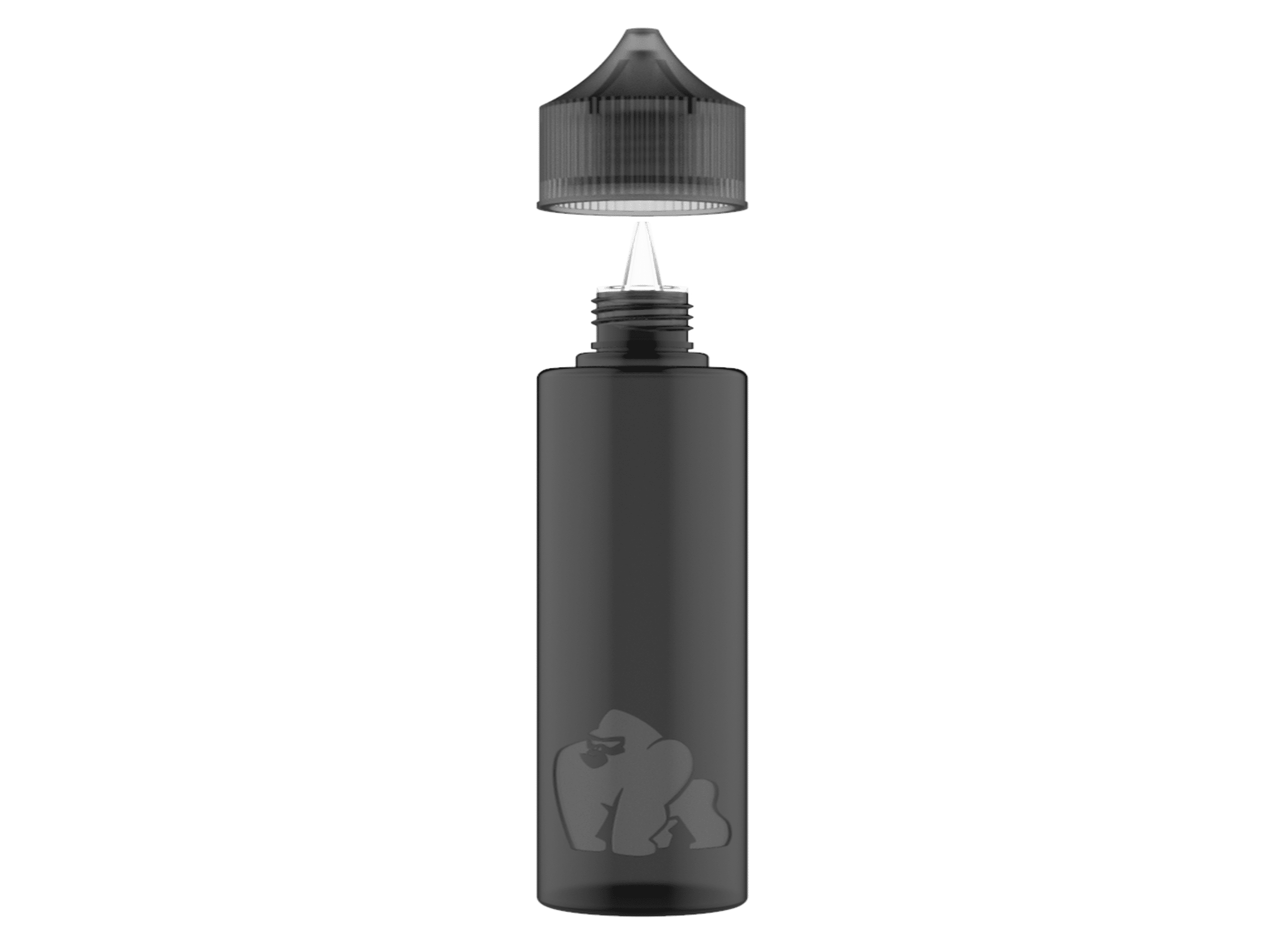Table of Contents
Effective communication of dosage information and onset time on cannabis edible packaging is crucial for consumer safety, regulatory compliance, and brand trust. As the edibles market expands to include more first-time and occasional users, clear packaging guidance becomes even more essential to prevent negative experiences and build consumer confidence.
Importance of Clear Dosage Information
Edibles present unique challenges compared to other cannabis products. The delayed onset and potentially stronger effects make precise dosage information critical. According to research on packaging language and consumer anxiety, unclear dosing instructions rank among the top concerns for both new and experienced cannabis consumers.
When consumers understand exactly how much to consume and what to expect, they're more likely to have positive experiences that lead to repeat purchases. This is particularly important for wellness-focused consumers who may be new to cannabis products and require additional guidance, as highlighted in our article about packaging for wellness consumers.
Regulatory Requirements for Edible Packaging
Most state regulations mandate specific information on edible packaging, including:
- Total THC content per package
- THC content per serving
- Number of servings per package
- Activation time warnings
- Child-resistant packaging certification
Beyond meeting these basic requirements, brands that provide additional context and education often see higher customer satisfaction and fewer reported negative experiences.
Visual Design Strategies
Icons and Infographics
Visual elements can communicate complex information quickly and effectively. Icons and infographics are particularly valuable for communicating:
- Recommended serving size (visual size comparisons)
- Onset timeline graphics (showing when effects begin and peak)
- Potency scales (visual representation of strength)
- Consumption methods (how to divide products)
Color Coding
Strategic use of color can help consumers quickly identify potency levels and product types. For example:
- Gradients or intensity scales for potency
- Consistent color schemes for different effect profiles
- Highlighted warning information
As we've seen with custom pre-roll packaging solutions, color-coded systems can significantly improve consumer understanding of product characteristics across different consumption methods.
Language and Terminology Considerations
The language used to describe dosage and onset time should be accessible to all consumers, regardless of their cannabis knowledge level.
Clear Terminology
Avoid industry jargon and technical terms that might confuse newcomers. Instead:
- Use plain language explanations
- Define any necessary technical terms
- Provide context for numbers (e.g., "5mg: A good starting dose for new users")
- Use consistent terminology across product lines
Contextual Guidance
Provide comparative information that helps users understand what to expect:
- "Effects typically begin within 30-45 minutes"
- "Full effects may take up to 2 hours"
- "Start with one serving and wait at least 2 hours before consuming more"
According to research on first-time user experiences, this type of contextual information significantly reduces the likelihood of overconsumption.
Education Through Packaging
Packaging can serve as an educational tool that extends beyond basic compliance information. Brands can use packaging to:
- Explain the endocannabinoid system in simple terms
- Provide consumption tips for beginners
- Offer guidance on storage to maintain potency
- Include QR codes linking to more detailed educational content
This approach aligns with strategies outlined in our guide on turning the unboxing experience into education.
Implementation Best Practices
Hierarchy of Information
Not all information holds equal importance. Structure packaging to prioritize:
- Safety warnings and dosage information (most prominent)
- Serving size and onset time
- Usage instructions
- Product details and marketing messages (less prominent)
Consistency Across Product Lines
Maintain consistent information presentation across different products to help consumers build familiarity with your communication style. This practice is highlighted in our article about using packaging to build loyalty.
Budtender Education
Packaging information should be reinforced through budtender knowledge. Train staff to use packaging as a teaching tool when interacting with customers, as detailed in our guide on training budtenders to use packaging as an educational tool.
Advancing Consumer Safety Through Packaging Innovation
As the cannabis industry matures, packaging will continue to evolve as a primary vehicle for consumer education and safety. Innovations like temperature-sensitive inks that reveal dosage information, augmented reality experiences that demonstrate onset timing, and interactive packaging elements are already emerging in the market.
By prioritizing clear, accessible information about dosage and onset time, brands not only meet regulatory requirements but also demonstrate their commitment to consumer wellbeing. This approach builds trust, reduces negative experiences, and ultimately contributes to the normalization and acceptance of cannabis products in mainstream markets.











Leave a comment
All comments are moderated before being published.
This site is protected by hCaptcha and the hCaptcha Privacy Policy and Terms of Service apply.